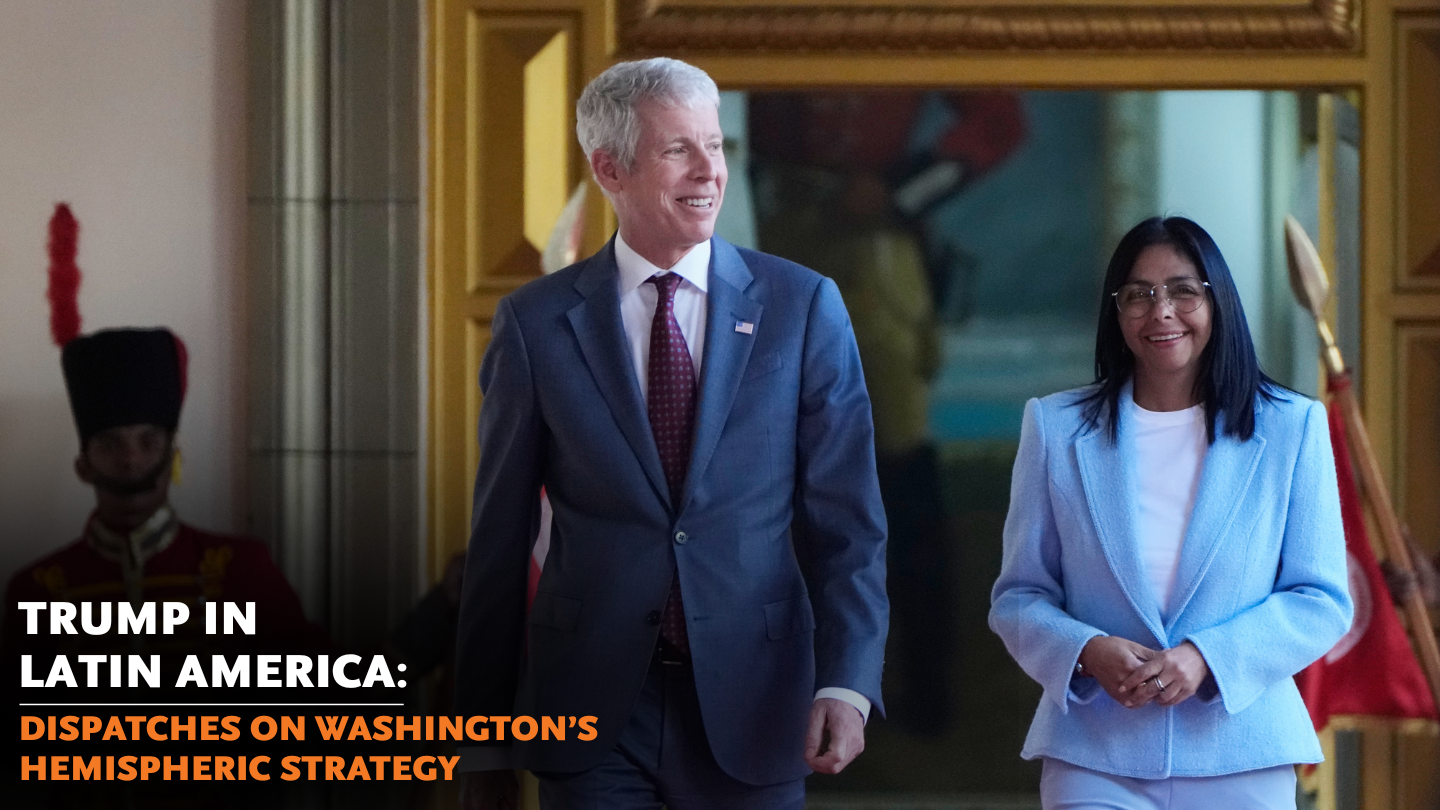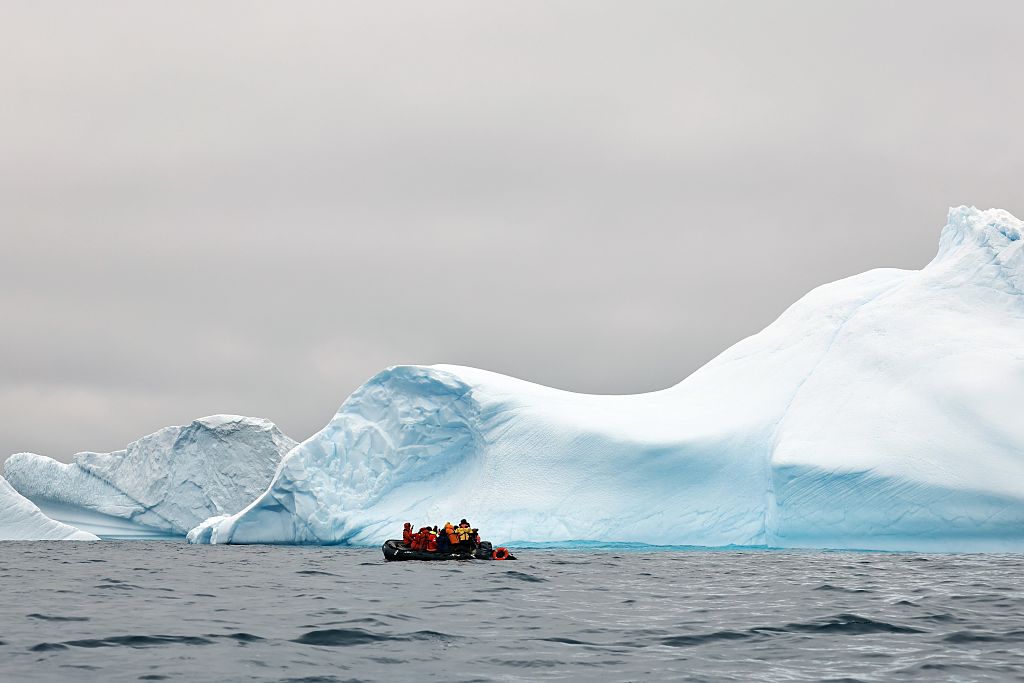Secretary Rice Reflects on "Time of Change" in the Americas
Secretary Rice Reflects on "Time of Change" in the Americas
At the COA's Washington Conference on the Americas, Secretary Rice underscored that there has “never been a time in modern history” when the U.S. relationship with the hemisphere has been so critical. U.S. friendship is not contingent upon any ideological position; rather, the administration is committed to working with countries in advancing key development issues.
In addressing the afternoon session of our annual Washington Conference on the Americas, U.S. Secretary of State Condoleezza Rice emphasized the geo-strategic, social, and economic imperatives of working with hemispheric partners at this critical juncture. There has “never been a time in modern history” when the U.S. relationship with the hemisphere has been so critical.
New, pragmatic leaders have realigned politics in the Americas and ushered in a period of important transformations and greater inclusion. This changing regional dynamic is the result of maturing democracies and a powerful and positive political and diplomatic ferment seen across much of the hemisphere.
The United States must support democratic leaders to tackle poverty, social exclusion, injustices, and other challenges. Secretary Rice noted that U.S. friendship is not contingent upon any ideological position; rather, the administration is committed to broad support of key development issues: democracy, rule of law, open economies, education, and health, among others. Since 2001, the United States has doubled development assistance directed toward Latin America while creating additional development incentives through the Millennium Challenge Corporation. To remain influential, the secretary called on the United States to remain deeply engaged and to be present throughout the hemisphere.
Mutual engagement will be strengthened through common endeavors—such as trade and Cuba’s transformation—that promote hemispheric prosperity. For example, trade can facilitate growth when governments invest in their people, and at the same time, free-trade agreements (FTAs) allow for greater competition across the Pacific. While “vital to national competitiveness,” trade is a “consensus under fire.” In the case of Colombia, with U.S. help, the country has changed from a failure to a success, making non-passage of the pending FTA a “retreat from our values.” In the case of Cuba, incremental changes are not satisfactory. Instead, the Castro government must immediately stop the use of secret police and other such tactics aimed at the Cuban people.
Prior to serving as U.S. Secretary of State, she held the position of assistant to the president for National Security Affairs. Before that, she held the position of Stanford University's provost. During the presidency of George Herbert Walker Bush, she was the senior director of Soviet and East European Affairs at the National Security Council and a special assistant to the president for national security affairs. A former board member for the Chevron Corporation and founder of the Center for a New Generations, the secretary co-authored two books: The Gorbachev Era and Uncertain Allegiance: The Soviet Union and the Czechoslovak Army.
For nearly four decades, the annual Washington Conference on the Americas has served as the top forum for government, industry, and policy leaders to engage in substantive analysis on timely themes affecting the Western Hemisphere.








